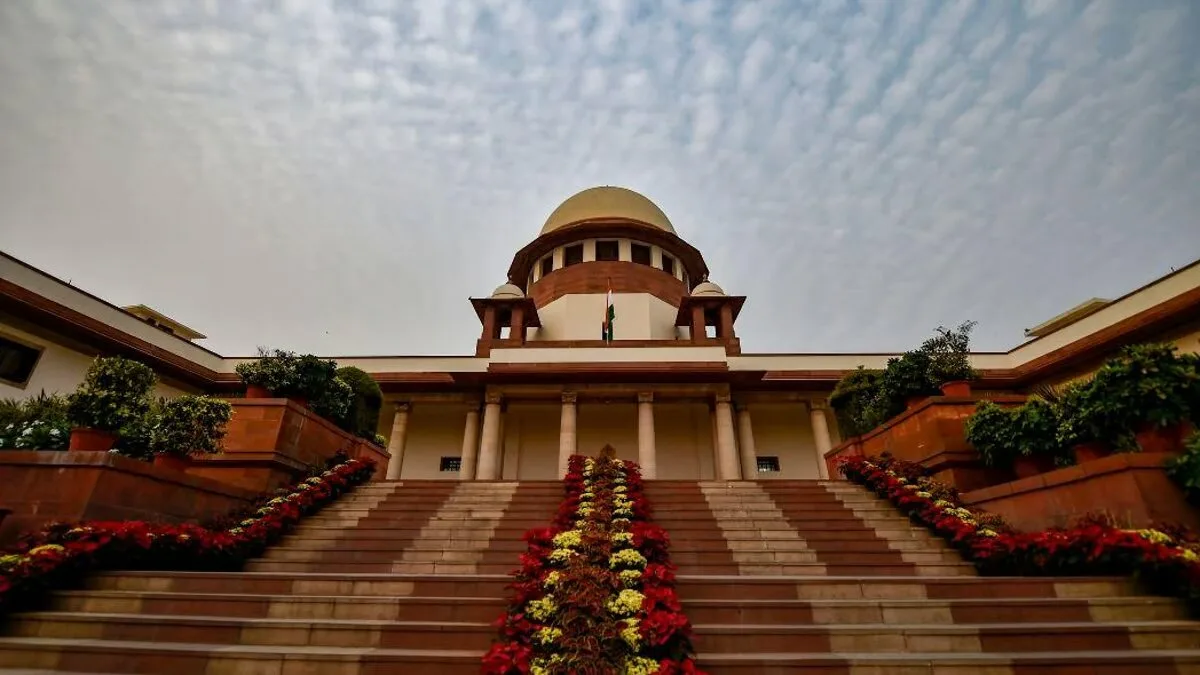
The Supreme Court is set to hear multiple petitions concerning the Places of Worship (Special Provisions) Act, 1991, on February 17. A three-judge bench, led by Chief Justice Sanjiv Khanna and Justices Sanjay Kumar and KV Viswanathan, will examine challenges to the Act, which prohibits the conversion of religious sites and maintains their character as they were on August 15, 1947. Notably, the law does not apply to the Ram Janmabhoomi-Babri Masjid dispute. Some petitions, including one by AIMIM chief Asaduddin Owaisi, seek the strict enforcement of the Act, while others, such as the lead plea by lawyer Ashwini Upadhyay, challenge its constitutional validity.
On December 12, the Supreme Court restrained all lower courts from entertaining new suits or issuing interim and final orders in pending cases related to reclaiming religious sites. This decision affected around 18 ongoing lawsuits filed by Hindu groups seeking surveys to determine the original religious nature of mosques, including the Gyanvapi mosque in Varanasi, the Shahi Idgah Masjid in Mathura, and the Shahi Jama Masjid in Sambhal. The court clarified that while new cases could be filed, they would not be registered or processed until further orders. The key legal question revolves around Sections 3 and 4 of the Act, which bar conversions of places of worship and restrict judicial intervention in disputes over religious sites.
Several Muslim organizations, including the Gyanvapi mosque management committee, have approached the court to defend the Act, arguing that it is essential for maintaining communal harmony and preserving the status of mosques under dispute. These parties oppose petitions challenging the Act’s constitutional validity and have highlighted past claims made on various mosques and shrines, including the Shahi Idgah Masjid in Mathura, the Quwwat-ul-Islam Masjid near Delhi’s Qutub Minar, and the Kamal Maula mosque in Madhya Pradesh. The court’s ruling on February 17 could have significant implications for ongoing and future religious disputes in India.

Post Your Comments